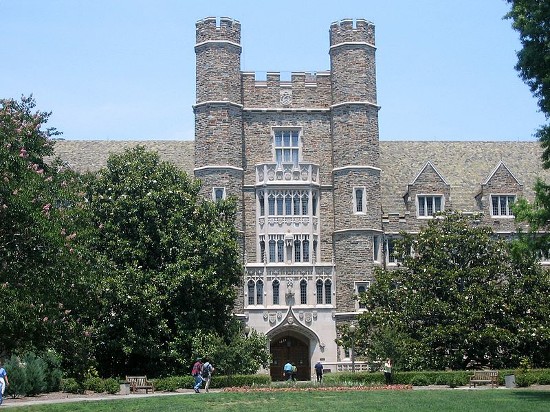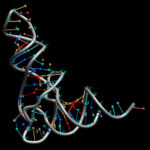When Juan Ponce de Leon set sail for Florida in 1513, he was purportedly searching for the Fountain of Youth, a legendary body of water that never existed but was featured in the literature of the Classical and Post-Classical World. More likely de Leon was hoping to find another native kingdom to conquer when he landed near where St. Augustine, Florida is today. He found neither the fountain nor a kingdom to plunder.
Researchers at Duke University, however, may have discovered the equivalent of that fountain in their research on ageing. In mouse studies, the circulatory systems of a young and old mouse were surgically connected. What followed was the slowing of cellular ageing in the older mouse. The longer the animals were conjoined the more anti-ageing evidence appeared. And when no longer connected the older mouse continued to show what the researchers call heterochronic parabiosis, a slowing of the ageing process that extends lifespans. The Duke study showed that the anti-ageing effects persisted in the older mouse extending its lifespan by 10%.
The subjects in the study were 4 months and 2 years of age. If the experiment had been on humans the equivalent pairing would be an 18-year-old and 50-year-old with their circulatory systems connected for 8 years. The derived benefit for the older person in the pairing would work out to, roughly, a life extension of 8 more years.
Getting back to the mouse study. When the animals were separated, the older of the pair continued to show improvement in general physiology with blood and liver tissue showing reduced levels of aging. Changes in gene expression were also noted indicating that the older mouse was continuing to benefit from the shared blood chemistry of the younger one.
Of course, as a therapy, connecting a young person’s circulatory system to an older one for 8 years is not only impractical but also unethical. There is a Draculian feel to the whole thing. The Duke researchers, however, hope the work they have been doing will lead to the development of new healing therapies and the rejuvenation of older people adding years to their lives.
So what’s actually behind this blood sharing exercise? What was in the younger mouse’s blood that caused the changes in its circulatory-sharing partner? Could it be found in the proteins? Is it in the metabolites? Are the younger mouse’s blood cells providing the benefit?
Research shows that older bodies process proteins less efficiently. As we age there is a loss of protein homeostasis, known as proteostasis. So, is it possible that younger blood means rejuvenated processing of proteins?
As for metabolites, it is known that as we age, metabolism slows affecting how we break down the foods we eat into calories that we consume for the energy to maintain our systems. The rate of metabolic slowdown after age 20 is calculated at 10% per decade. So, could the younger blood be reversing our metabolic rate?
The researchers at Duke are attempting to isolate these factors. If you are interested in reading more about their research, a paper describing it was published in the July 27, 2023 issue of Nature Aging.
Other than prolonged blood sharing, are there other “fountain of youth” remedies for ageing humans?
Human lifespans on average have increased dramatically over the last century. In 1900 living to 50 was the average norm taking into consideration high incidents of child mortality and disease transmissability through poor sanitation practices plus the lack of antibiotics. But living to age 80 today, six years in my future is not seen as a significant health and wellness challenge.
Why is that? Because we are eating better, exercising more, and getting rid of some bad habits like smoking and excessive drinking. Managing body weight is also seen as a contributing factor to extending lifespans.
Now, making it to 65 likely means you’ll get to 85 and higher. Reaching 90 years plus has become common around the globe with healthier diets noted as a critical contributing factor.
You often hear about good genes as being the key to living longer. Your genetic makeup, however, may only account for a third of you making it to 85 and beyond. Good habits, however, can push you past 90 before your purported good genes can get you to 100 and beyond.
















